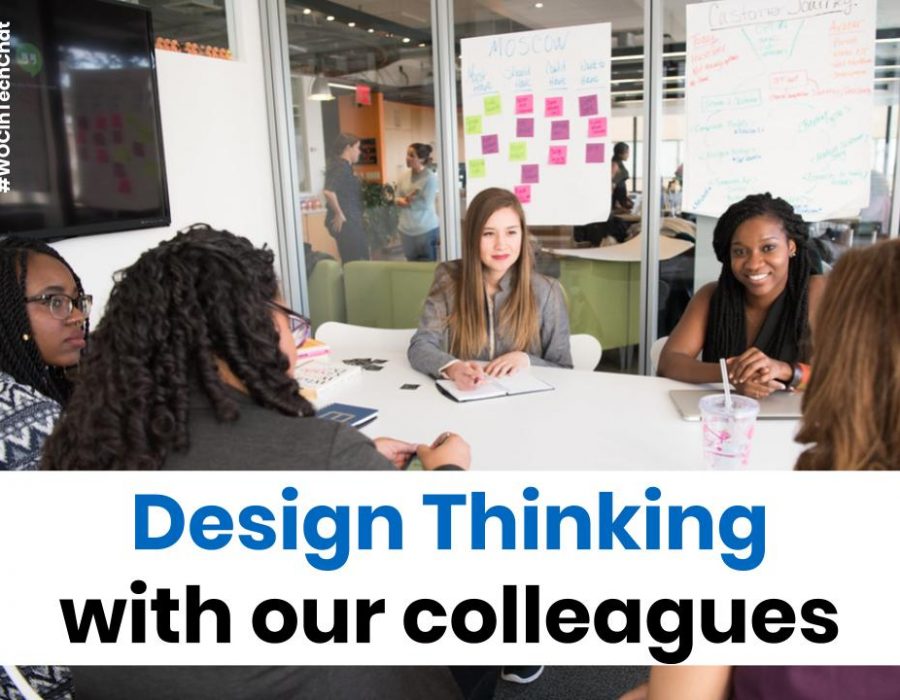
Design Thinking with our Colleagues
Questions for Reflection:
How do you deal with complex issues in your classrooms?
How does empathy figure into these issues?
How do you address these issues with your colleagues?

Questions for Reflection:
How do you deal with complex issues in your classrooms?
How does empathy figure into these issues?
How do you address these issues with your colleagues?
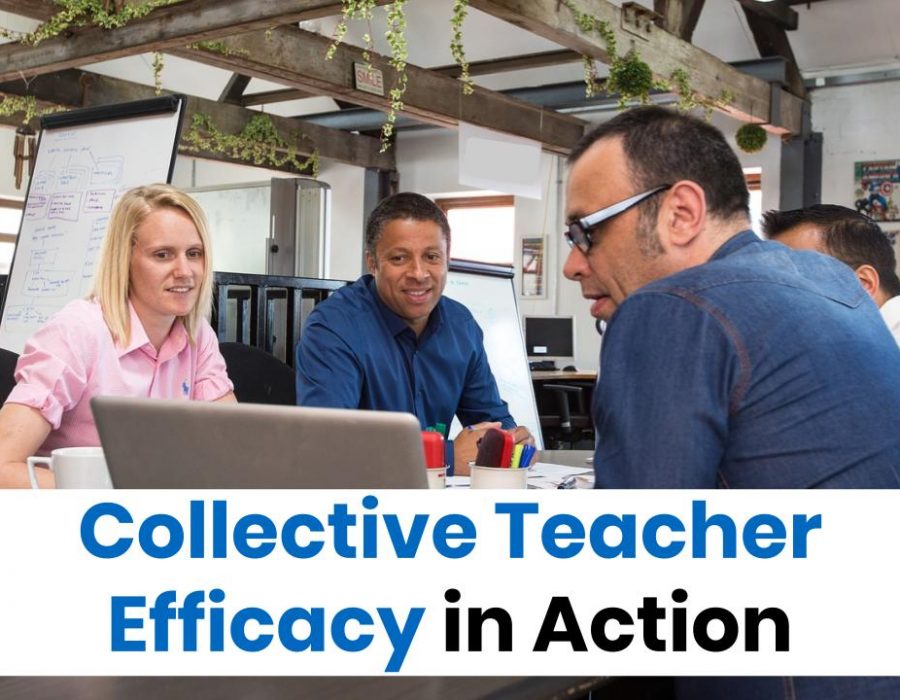
Questions for reflection
How do you collaborate with your colleagues to improve student learning?
How do you and your colleagues work towards shared goals?
Have you ever used a co-teaching model? Why or why not?
**this resource includes videos about the theory as well as videos about how it is put into practice in Quebec.
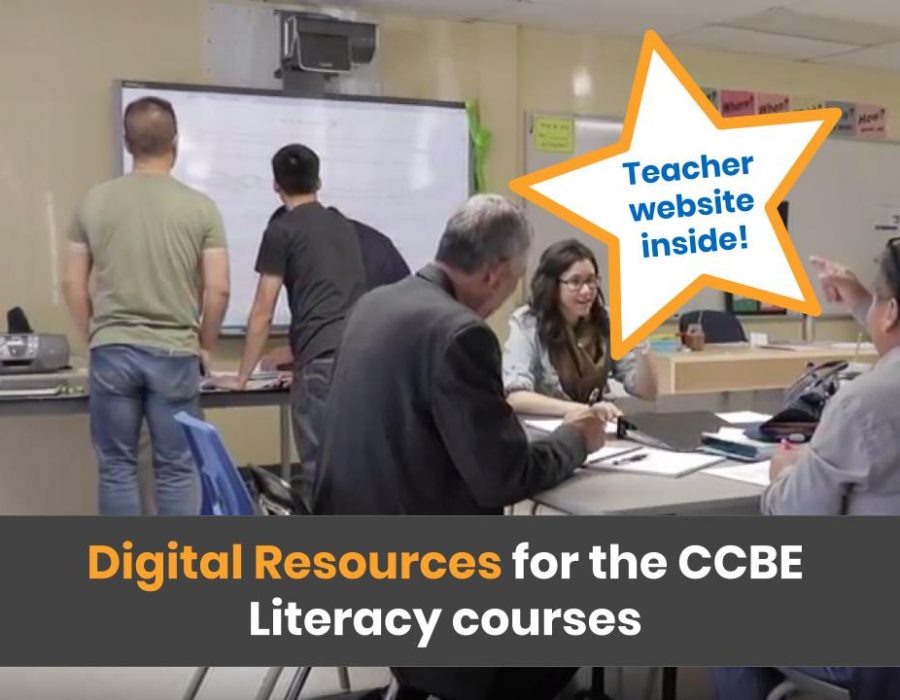
Questions for reflection:
What do you look for when seeking Adult Education friendly resources to use with your Literacy students?
Are you looking for resources that align with the Adult Education CCBE Literacy program?
note: This article highlights a website made by Literacy teachers in Adult Education specifically to use with students in Quebec Adult Education CCBE Literacy courses.
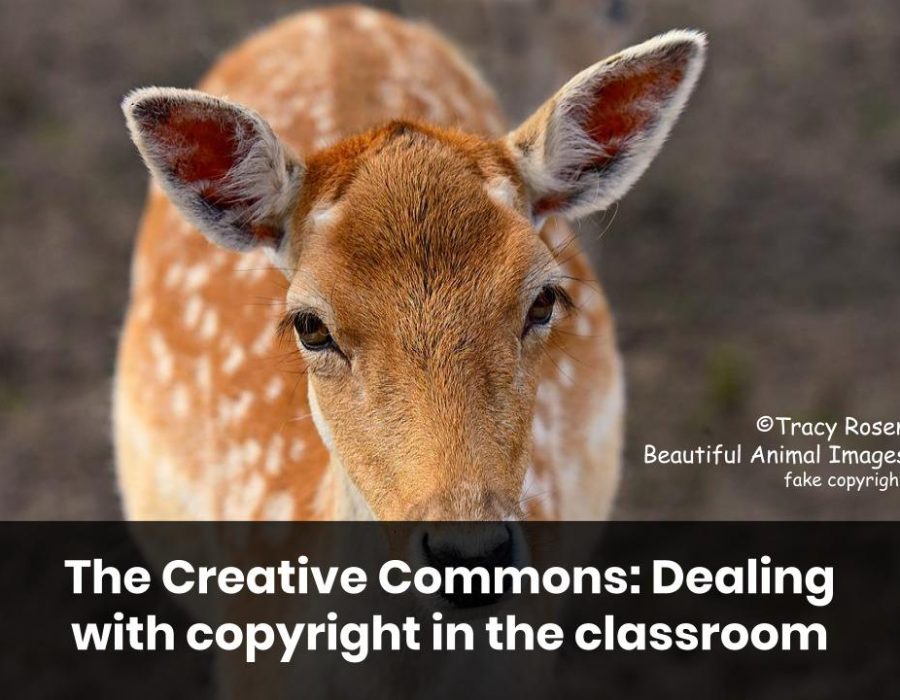
Questions for reflection:
Does it matter where we find the images, music, text, and other resources we share we with our students and peers? Why or why not?
Do you know where to find the best images for you and your students? Where is that?
note: A Creative Guidelines document is included at the bottom of this article, you can save it to refer to if you like!
note 2: The resources here can also be adapted to use with your students for teaching them about creating responsibly and avoiding plagiarism.
Starting in 2019, the RECIT began a new series of projects devoted to bringing teachers together to develop resources for their students.
This article talks about the results of these teacher resource projects.

Questions for reflection
How do you share information with your colleagues?
Where do you find information about the courses offered at your centre?
How do you collaborate with your colleagues to improve student learning?
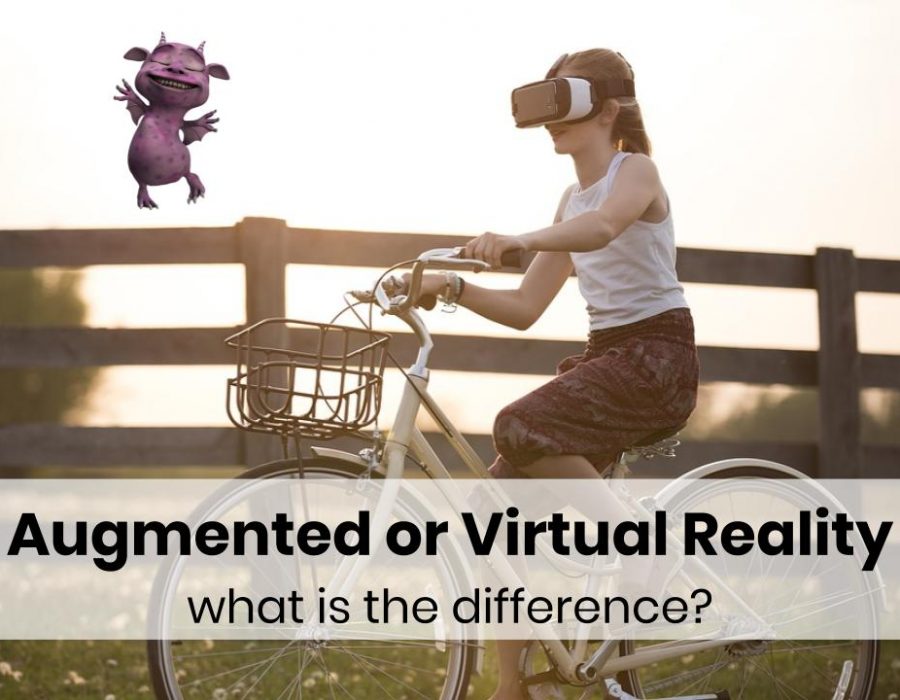
What is the difference between Augmented Reality and Virtual Reality? Augmented Reality (AR) and Virtual Reality (VR) are...
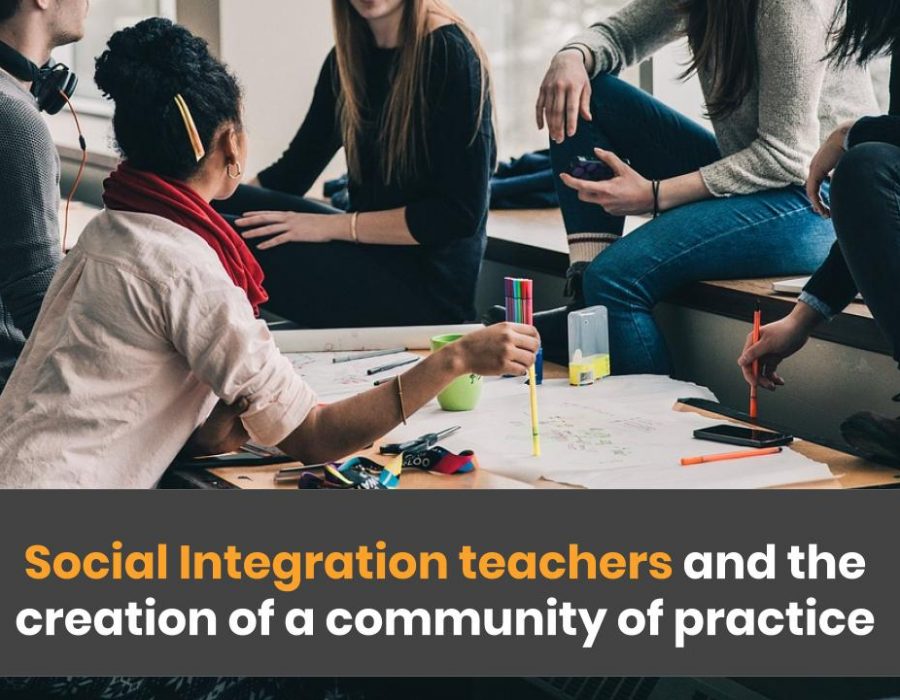
Communities of practice are “groups of people who share a concern, a set of problems, or a passion about a topic, and who deepen their knowledge and expertise in this area by interacting on an ongoing basis.”
Wenger, E., McDermott, R. & Snyder, W. (2002). Cultivating communities of practice. Boston: Harvard Business
School Press, p. 4.
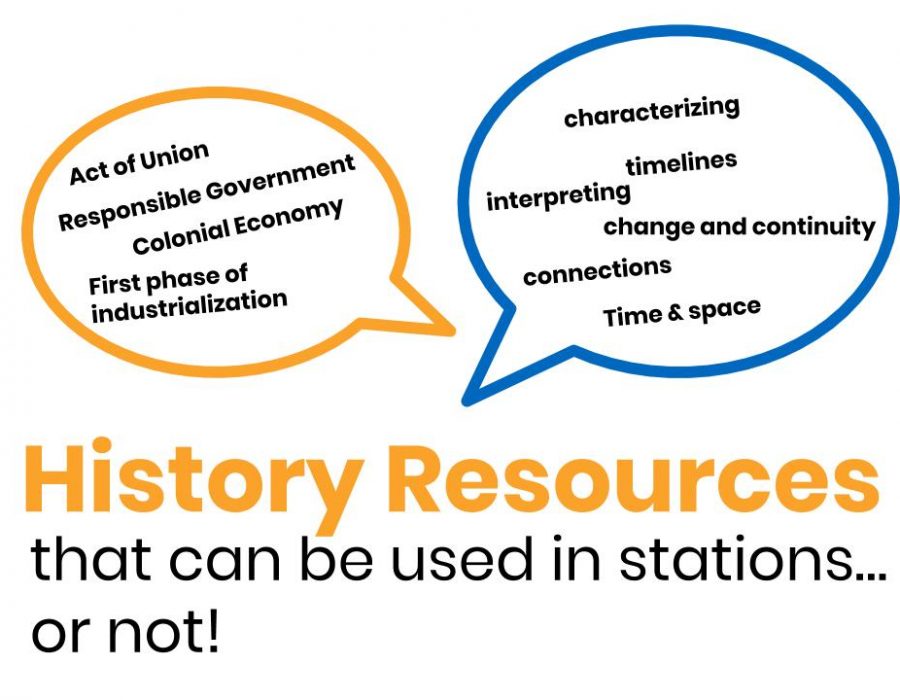
Why these resources? Competency-based approach Adult Education in Quebec is in the middle of a transformation. Our new...
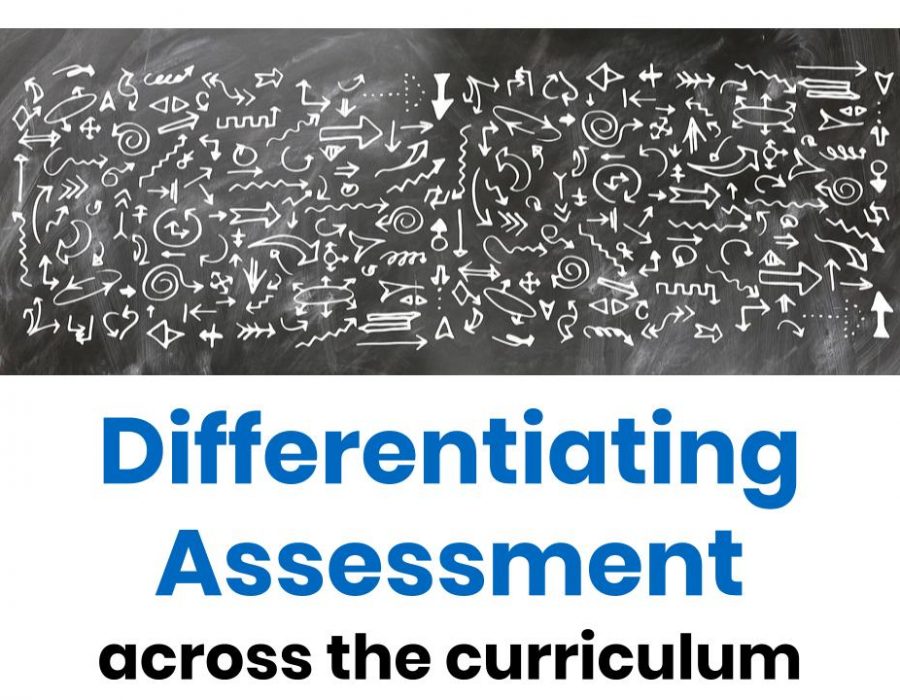
Questions for reflection:
What does flexibility in assessment look like?
What are practical ways to differentiate our assessment practices and accommodate all students?
note: An assessment package for Eng 1102-2 is included in this article, along with suggestions for how to modify it for other subject areas.
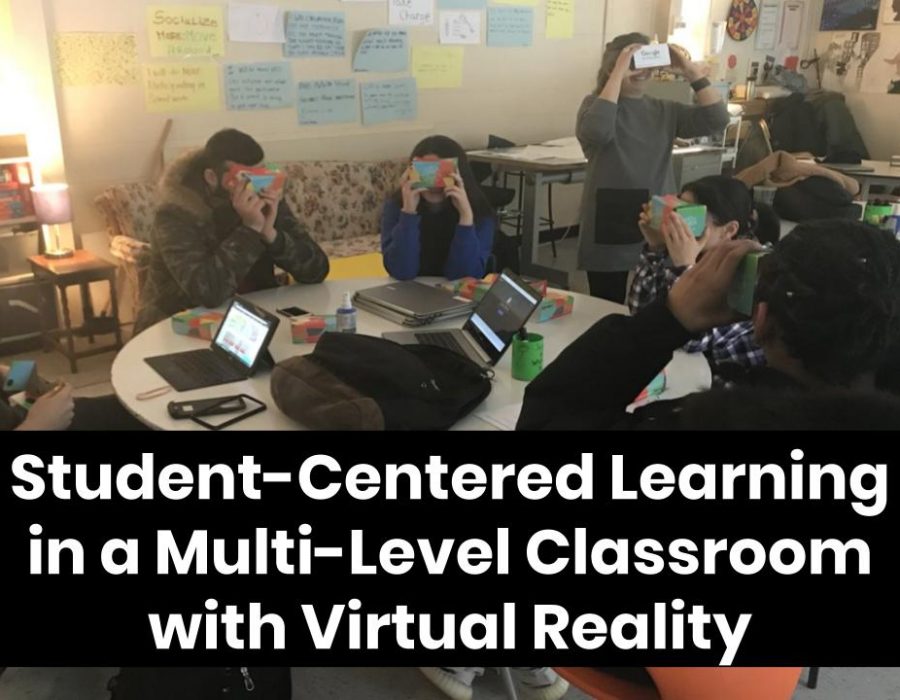
Why Virtual Reality in the Classroom? Pheleshia Hudson, teacher at Sir Wilfred Laurier School Board in Quebec talks...
Organize time to allow for 20 hours of personal PD in a school year.